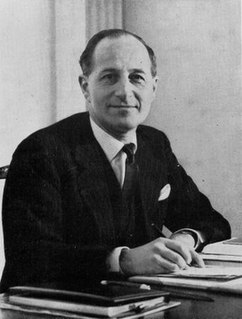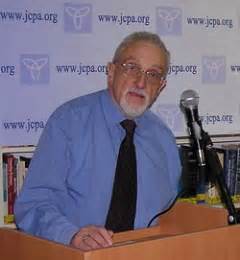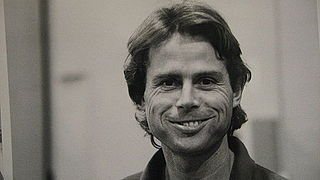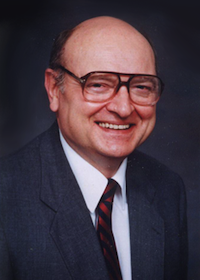A Quote by Ross Douthat
I think it is very clear that, though great difference remained, evangelicals moved closer to Catholics, mainline Protestants and evangelical Protestants moved closer together, and this convergence coincided with greater institutional strength for all the Christian churches than, for the most part, you see today.
Related Quotes
It is frightfully hard to explain to Protestants that if you give Roman Catholics a good job and a good house, they will live like Protestants...they will refuse to have 18 children.... If you treat Roman Catholics with due consideration and kindness, they will live like Protestants in spite of the authoritative nature of their Church.
Protestants are the more segmented group. Mainline churches - you have problems in the U.S., Europe, the Scottish Church, the Dutch Protestant Church, the state church in Norway. The evangelicals have been pro Israel, but a major effort is to bring them in on the Palestinian side. A huge problem and the problems are rising.
What I saw so clearly when I started climbing was adventure. Difficulty was only an ingredient. I never thought to wonder about grades, just as I never thought to wonder what Tarzan might bench press. I found the closer I moved to sport, the closer I felt to science - and the closer I moved to adventure, the closer I felt to greatness.
Protestants attacked Catholics during the 1844 Nativist riots in Philadelphia. Guess what that was about? Anti-immigrant sentiment. Back then, it was the influx of Irish Catholics into the city. Now, it's Donald Trump clinging to a bygone notion of Protestant ascendancy and nativist sentiments, when mainline Protestantism is on the wane in the U.S.
We have to separate here the church in its broad sense. We have Catholics, Protestants, Eastern Orthodox churches. The Catholic church is a corporation like a chief executive. A fairly homogenous operation. Today its attitude toward anti-Semitism is much more severe than it's ever been. The Catholic Church today is much less the problem than the other groups.
Contemporary Christianity, diverse and complex as we find it, actually may show more unanimity than the Christian churches of the first and second centuries. For nearly all Christians since that time, Catholics, Protestants, or Orthodox, have shared three basic premises. First, they accept the canon of the New Testament; second, they confess the apostolic creed; and third, they affirm specific forms of church institution. But every one of these - the canon of Scripture, the creed, and the institutional structure - emerged in its present form only toward the end of the second century.
We Protestants automatically assume that the Pharisees are the Catholics. They are the self-righteous people who have made Christianity a form of legalistic religion, thereby destroying the free grace of the Gospel. We Protestants are the tax collectors, knowing that we are sinners and that our lives depend upon God's free grace.
If the Christian church is to move responsibly towards the future, it must restore or renew its ties with its past. Contemporary Catholic and Protestant radicals want to claim that Christianity means whatever Christian today happen to believe and practice, be it pantheism, unitarianism, or sodomy. The Christian faith has suffered immeasurable harm because of the tendency of people to use the word Christian in a careless and non-historical way. Nothing in this argument would preclude liberal Protestants and Catholics from developing and practicing any religion they like.
It's clearly the case that there's not some moment in American history when every evangelical is holding hands with every Catholic who is holding hands with every mainline Methodist, or what have you. Obviously, American Christianity was deeply divided in all kinds of ways at mid-century too. But there was a kind of convergence going on. Even though Reinhold Niebuhr, the great mainline Protestant theologian, didn't think highly of Billy Graham, he and Graham still, clearly, had more in common, both theologically and in their attitudes toward religion in public life.

































